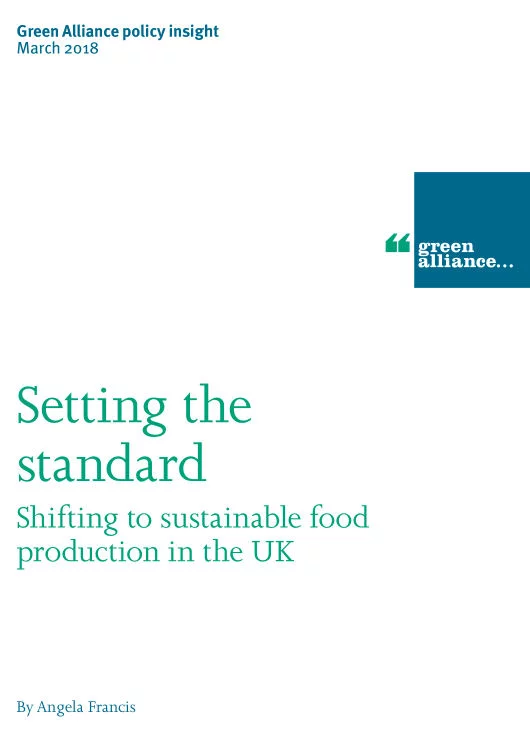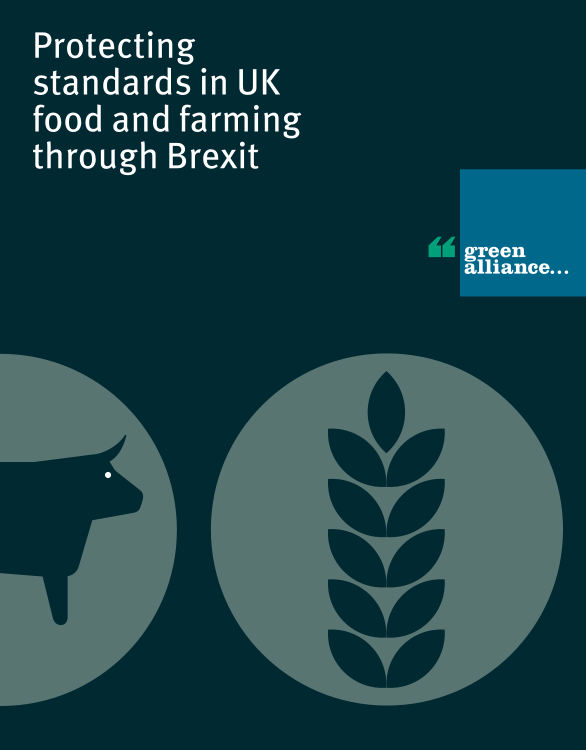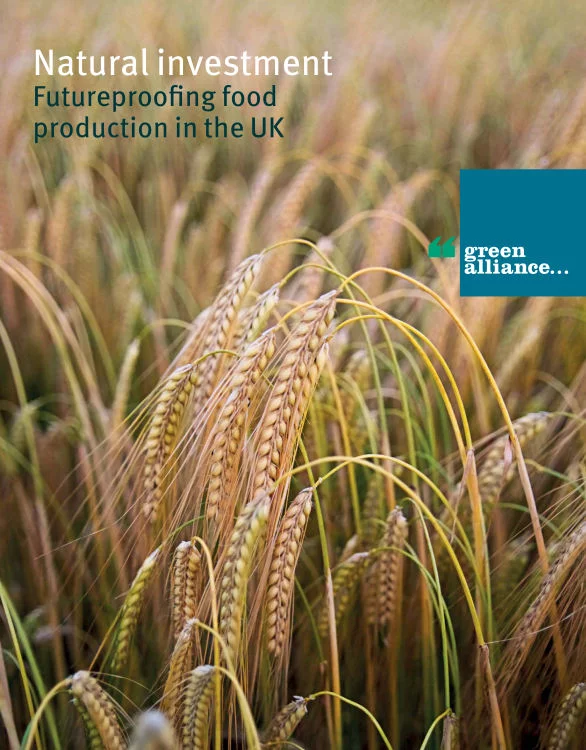Overview
The UK’s food production industry, including farmers, caterers and supermarkets, is worth over £100 billion a year to the UK economy. However, environmental degradation threatens to undermine the industry while new trading relationships and farm support post-Brexit could reshape the sector.
These challenges need a comprehensive response. Government action will be needed to reverse environmental decline, but long term solutions also require collaboration between farmers, food manufacturers, retailers and NGOs.
Food and Nature Task Force
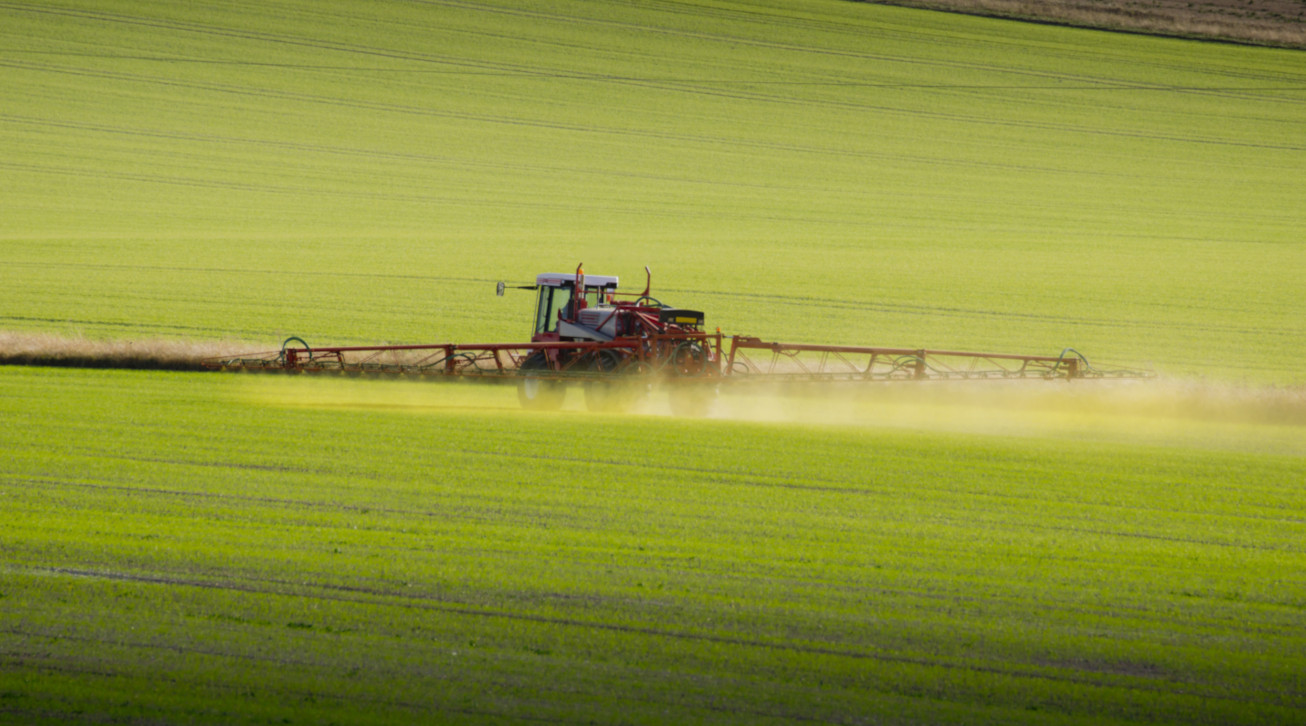
Established in 2017, the Food and Nature Task Force sought to stimulate collaboration and partnerships along the food supply chain.
Members of the Task Force were Nestlé, Co-op, Sainsbury’s and Tesco, with support and advice from Jonathan Hughes, CEO of Scottish Wildlife Trust and co-founder of the World Forum on Natural Capital, and David Fursdon, owner of Fursdon estate and chair of Beeswax Dyson Farming.
Read our reports:
This policy insight recommends that the new agricultural support scheme gives preference to sustainable food production, requires good environmental reporting, invests in farm-based innovation and safeguards standards in trade deals.
This report highlights that new trade deals aiming to lower food prices after Brexit could undermine the government’s own sustainable farming policy, and expose the UK’s food system to new risks.
The report analyses four possible Brexit trade scenarios and shows that the UK could be exposed to lower food standards, poorer agricultural practices and greater environmental impacts in some scenarios.
Futureproofing food production in the UK
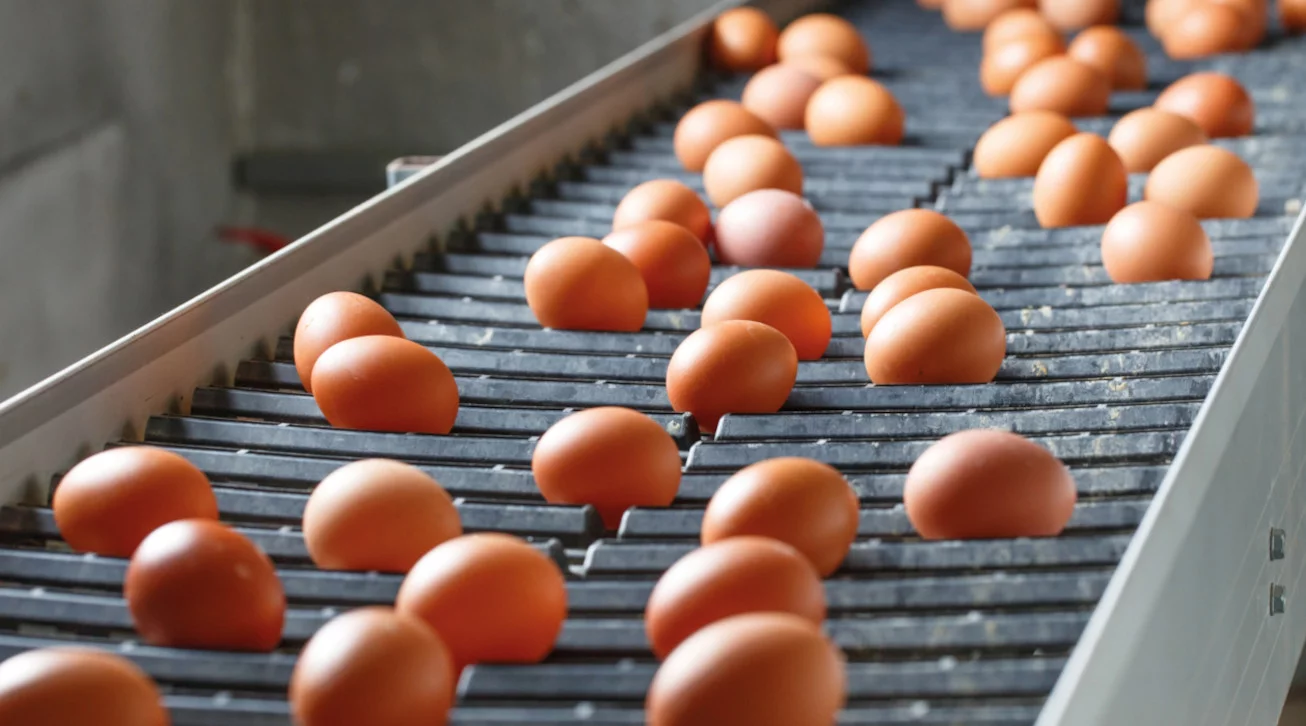
Food production and agriculture are vital to the UK economy. Food prices have fallen by nearly a quarter since 1980, to the expense of the people and natural systems that produce it.
This period has also seen prolonged and severe declines in the environmental health of farmland, characterised by soil degradation and erosion, and the chronic decline of important species.
Unsustainable farming practices have created unacknowledged costs and risks for food businesses.
Our report proposes a new model for policy makers, based on the concept of environmental efficiency, which enables food businesses to maintain the natural assets they depend on and bolster the long term economic resilience of the UK food and farming sector.
Partners
We’re grateful to the following partners for supporting this work:

